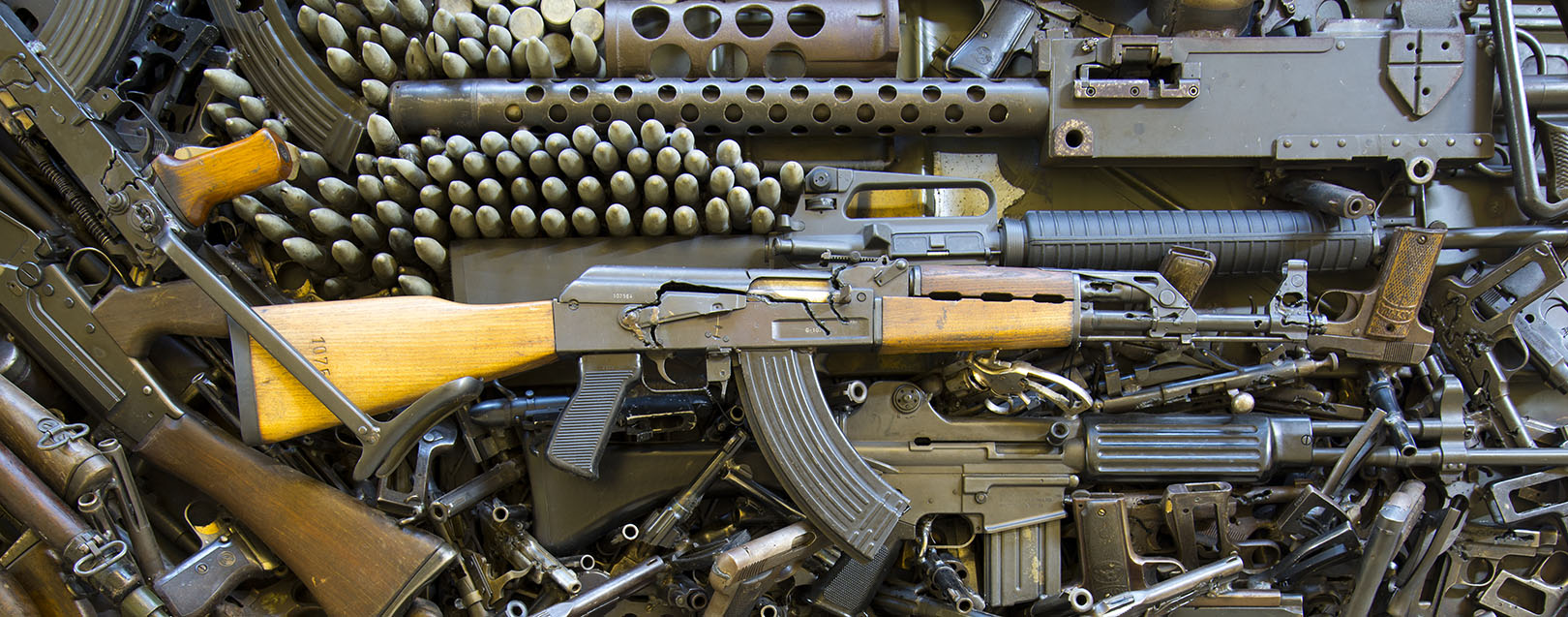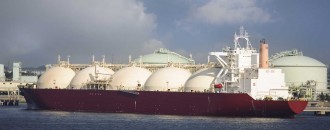
India is world's largest arms importer: SIPRI
PTI
India was the world's largest importer of major arms in the last five years and its overseas procurement was far greater than that of China and Pakistan, a Stockholm-based think-tank said today.
As per the latest report of the Stockholm International Peace Research Institute (SIPRI), India accounted for 13% of the total global arms import between 2012-16 which is highest among all the countries.
The report said while China was increasingly able to substitute arms imports with indigenous products, India remained dependent on weapons technology from Russia, the US, Europe, Israel and South Korea.
"India was the world's largest importer of major arms in 2012-16, accounting for 13% of the global total," the leading think-tank said.
It said India increased its arms imports by 43% between 2007-11 and 2012-16 and in the last four years its global procurement was far greater than those of its regional rivals China and Pakistan.
In the last five years, the report found that trade of major weapons has increased to its highest volume since the Cold War, triggered mainly by a sudden spurt in demand from Middle-East and Asia.
Saudi Arabia was the second largest arms importer in 2012-16, with an increase of 212% compared with 2007-11. Arms imports by Qatar went up by 245%.
According to the report, Russia accounted for a 23% share of global exports in the period 2012-16 and 70% of its arms exports went to India, Vietnam, China and Algeria.
The US was the top arms exporter in 2012-16 with a one- third share of global arms exports and its supplies rose by 21% compared with 2007-11. Almost half of its arms exports went to the Middle East, said the report.
The report said China's share of global arms exports rose from 3.8 to 6.2% between 2007-11 and 2012-16.
"It is now firmly a top-tier supplier, like France and Germany which accounted for 6% and 5.6%, respectively," said the think-tank.




.jpg)

 to success.
to success.